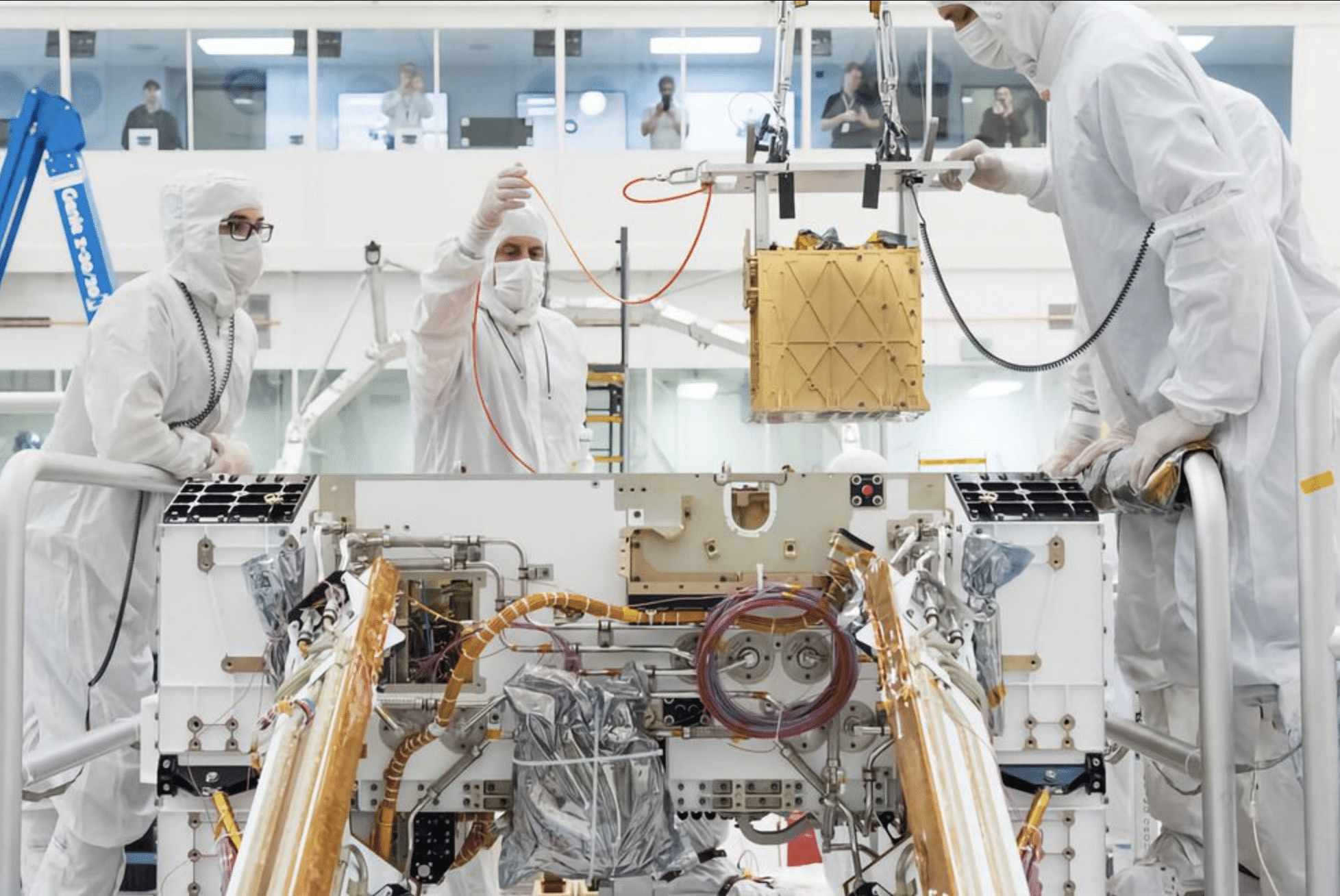NASA announced at the end of last week that it has now concluded its Moxie project, an experiment to generate oxygen that was sent to Mars along with NASA’s Perseverance rover, which landed on Mars in 2021.
Moxie (Mars Oxygen In-Situ Resource Utilization Experiment) has been tested to generate oxygen on Mars 16 times over two years. At most, Moxie could generate twelve grams of oxygen per hour, and the device generated a total of 122 grams of oxygen, enough to sustain a small dog for about ten hours. NASA Administrator Pam Melroy said in a statement after the conclusion of Moxie:
MOXIE’s impressive performance shows that it is feasible to extract oxygen from Mars’ atmosphere – oxygen that could help supply breathable air or rocket propellant to future astronauts. Developing technologies that let us use resources on the Moon and Mars is critical to build a long-term lunar presence, create a robust lunar economy, and allow us to support an initial human exploration campaign to Mars.
In the future, NASA hopes to build a larger version of Moxie that can also store the generated oxygen in liquid form. However, there is currently no information available about a timeline for when this could happen.
Above is an image from 2018 when Moxie was loaded onto Perseverance. Below, NASA provides more information on how Moxie works in a clip from 2019.

